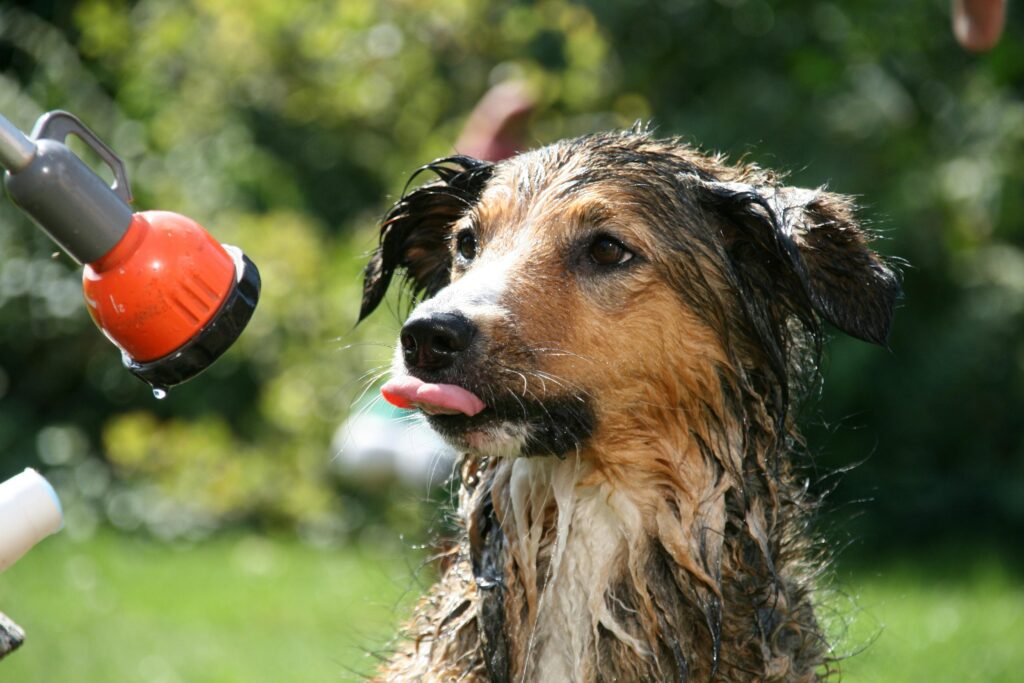Paw-sitive Tips for Happy, Healthy Pets

Pets bring endless joy and companionship to our lives, so it’s only natural that we want to ensure their health and happiness. Whether you’re a seasoned pet parent or a first-time owner, taking proactive steps to care for your furry (or feathery or scaly) friends will keep them thriving. Let’s explore some paw-sitive tips to help your pets live their best lives:

1. Prioritize Regular Vet Visits
First and foremost, annual check-ups are essential to keeping your pet healthy. Routine veterinary care can catch potential issues early and ensure your pet stays up-to-date on vaccinations. Additionally, if your pet shows signs of discomfort or unusual behavior, don’t hesitate to consult your vet right away.

2. A Balanced Diet is Key
Secondly, appropriate nutrition plays a significant role in your pet’s overall well-being. Choose a diet that meets their specific needs based on their age, breed, and activity level. For guidance, consult with your vet, and be sure to avoid feeding them human foods that could be harmful.

3. Exercise for Physical and Mental Health
Similarly, just like us, pets need exercise to stay healthy. Daily walks, play sessions, or engaging activities like fetch or puzzle toys can help keep them physically fit and mentally stimulated. Don’t forget to adjust activities to suit your pet’s energy levels and preferences.

4. Keep Them Clean and Groomed
Moreover, regular grooming helps prevent health issues and keeps your pet comfortable. For dogs and cats, this might mean brushing their coat, trimming their nails, and checking for fleas or ticks. On the other hand, for pets like rabbits or reptiles, ensure their living spaces are clean and suitable for their needs.

5. Build a Strong Bond Through Training and Socialization
Next, training and socialization aren’t just about discipline—they help create trust and reduce stress for your pet. Start with basic commands and provide positive reinforcement for good behavior. Furthermore, socialization with other animals and people is crucial, especially for young pets, to build their confidence.

6. Create a Safe and Comfortable Environment
Equally important, your pet’s living area should be a haven. Provide cozy bedding, plenty of toys, and spaces for them to retreat when they need quiet time. For example, small pets like hamsters or guinea pigs need spacious cages enriched with activities.

7. Monitor Their Emotional Well-Being
In addition, pets thrive on love and attention. Spend quality time with them, offer plenty of affection, and recognize when they’re feeling stressed or anxious. Signs of stress can include changes in eating habits, hiding, or destructive behavior. Address these promptly to ensure they feel secure.

8. Stay Ahead with Preventative Care
Preventative measures, like protecting your pets from parasites such as fleas, ticks, and worms, are vital. Additionally, ensure they’re shielded against environmental hazards, such as extreme temperatures or toxic plants.

9. Encourage Regular Playtime
Above all, playtime isn’t just fun but it’s essential for your pet’s happiness and overall health. Use interactive toys, laser pointers, or even DIY games to provide endless entertainment and bonding opportunities.

10. Keep Them Hydrated
Equally crucial, always ensure your pets have access to clean, fresh water. Proper hydration supports good digestion, circulation, and overall health of the pet.

11. Recognize Their Individual Needs
Lastly, every pet is unique. Therefore, pay attention to their specific preferences, health requirements, and personality to cater to their individual needs.
In Conclusion
Your pet’s health and happiness depend on a combination of love, attention, and proactive care. By following these paw-sitive tips, you’ll not only enhance their quality of life but also strengthen the bond you share with them. After all, a happy fur baby means a happy fur parent!
